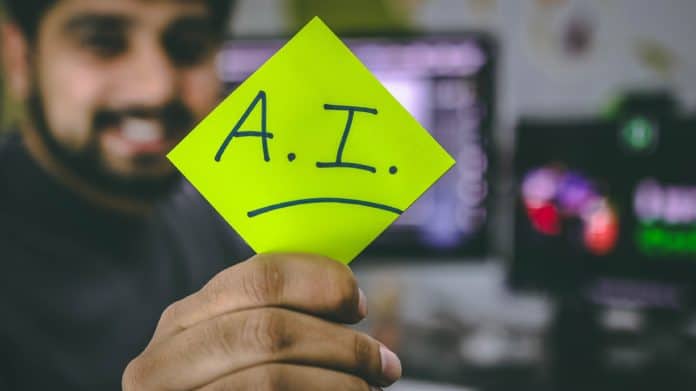Artificial intelligence has been gracing international headlines since late 1950s and the intensity is only going up. The awe and amazement that the technology arouses does not match its capabilities. One only needs to read recent headlines to understand what the technology can do. For instance, reports suggest that researchers could soon leverage AI to beat hackers and to protect the public from adversarial attacks.
A brief look at AI, its adoption and market trends
For starters, artificial intelligence (AI) is basically the training of machines to perform tasks traditionally performed by humans. In the early periods of AI development, researchers were more interested in machine learning. Particularly, this is a subset of AI which involves the automation of the process of building analytical models. This utilizes concepts from neural networks, operations research, and statistics. All these concepts are deployed to glean hidden insights from given data without researchers having to program the machine on what to conclude.
Today, AI is more about deep learning. Notably, this is an AI subfield where machines learn complex patterns in huge datasets with the help of massive neural networks. Many companies which have an interest in AI today are developing applications using deep learning. Some of them include speech and image recognition.
The use of AI in speech and image recognition is just one instance of adoption of the technology. Also, machine learning is proving useful in creating solutions for disease diagnosis systems. In addition, AI is helping in the distribution of renewable energy and development of other smart solutions. To put adoption of AI in context, a KPMG report noted that over 30% of companies are dedicating more than $50 million for facilitation of projects related to smart automation.
What analysts are saying
Given the robustness of AI, there is so much in terms of opinion about the technology. Interestingly, the opinion is varied and it lies on both sides of the divide. On the positive side, experts believe that AI is the solution to many intractable problems of our age. Judith Donath, a faculty fellow at Berkman Klein Center for Internet Security & Society, Harvard University, emphasized the significance of AI in creating useful bots.
She said, “By 2030, most social situations will be facilitated by bots. At home, parents will engage skilled bots to help kids with homework and catalyze dinner conversations. At work, bots will run meetings. A bot confidant will be considered essential for psychological well-being…”
On the other hand, some experts believe leveraging of AI should be controlled. Notably, Elon Musk wondered during a Southwest tech conference hosted in Austin why there is no enough regulation in the AI field.
In making case for regulation in the sector, Musk said, “…the rate of improvement (in AI) is really dramatic. We have to figure out some way to ensure that the advent of digital superintelligence is one which is symbiotic with humanity. I think that is the single biggest existential crisis that we face and the most pressing one.”


